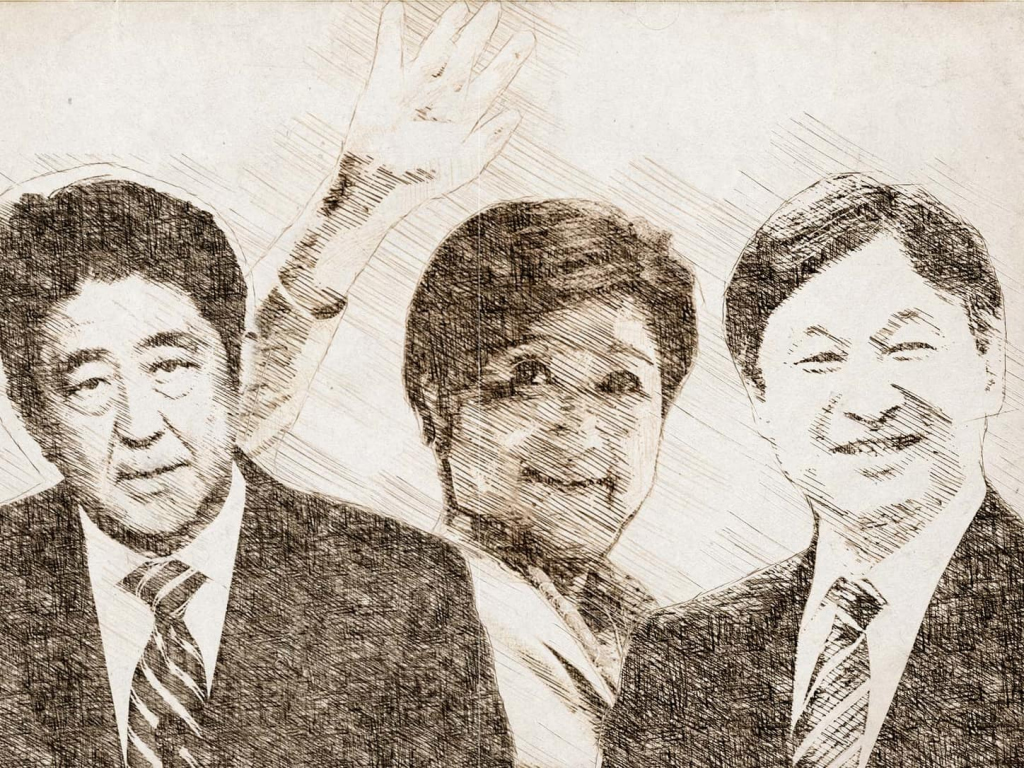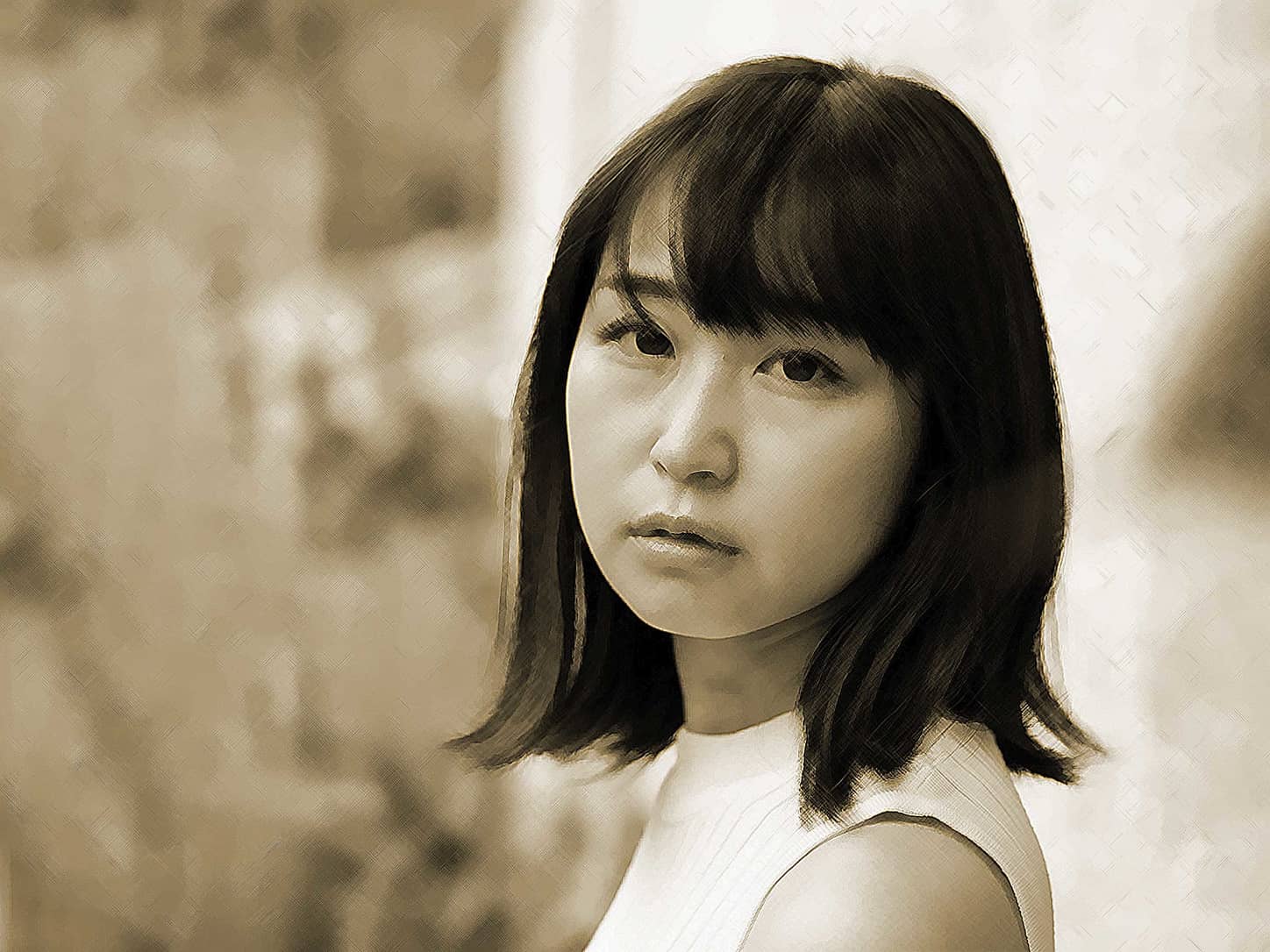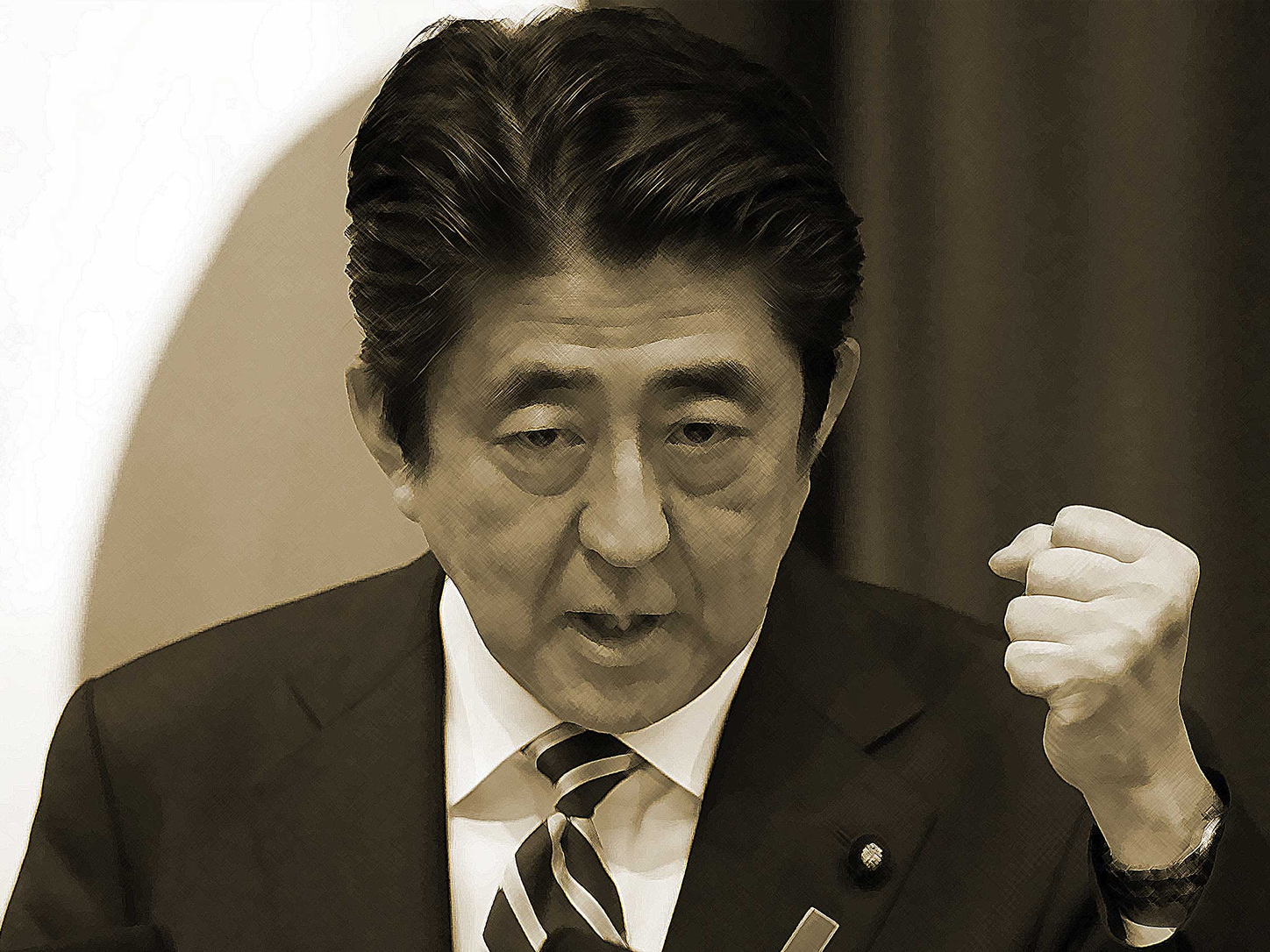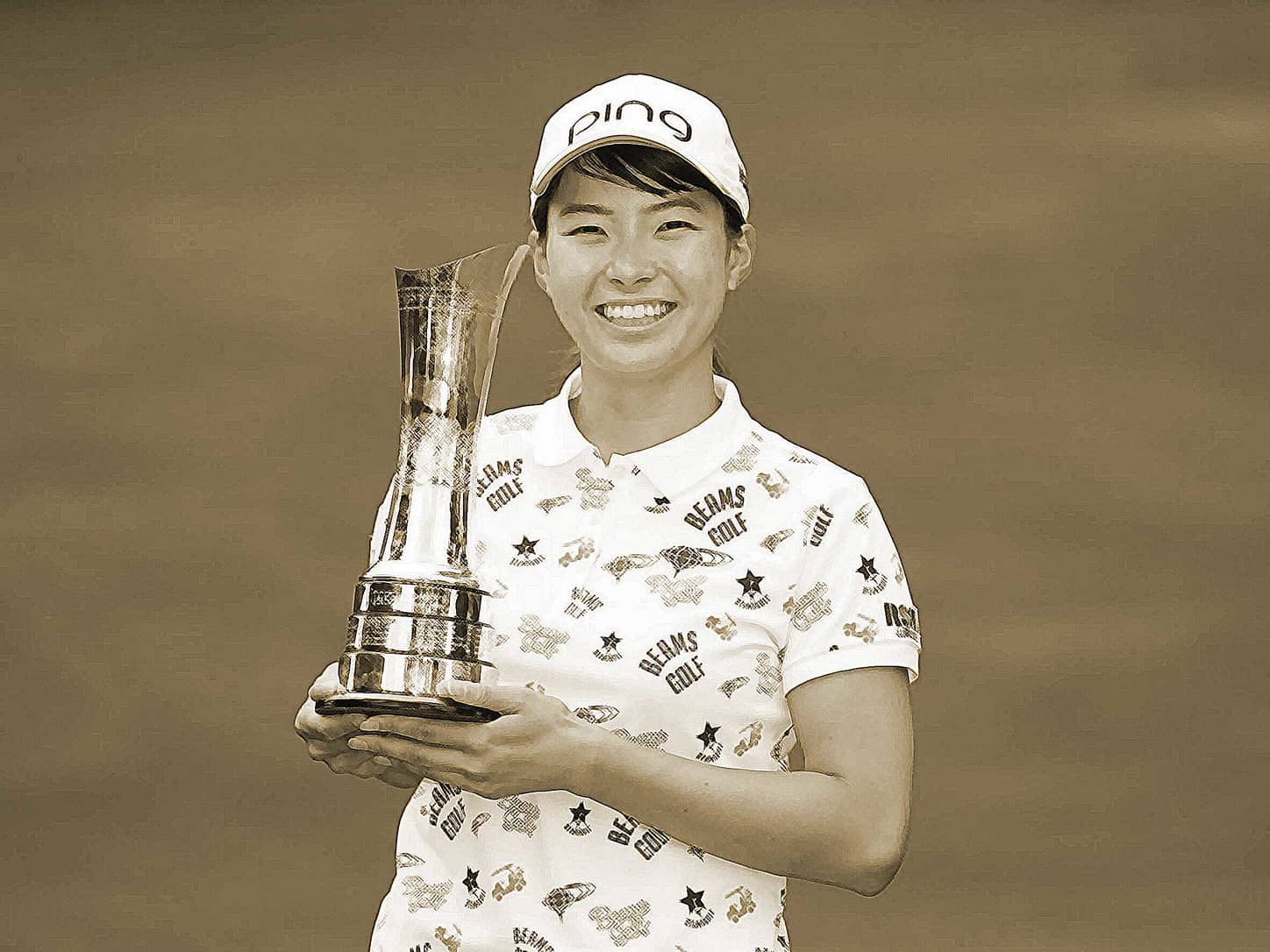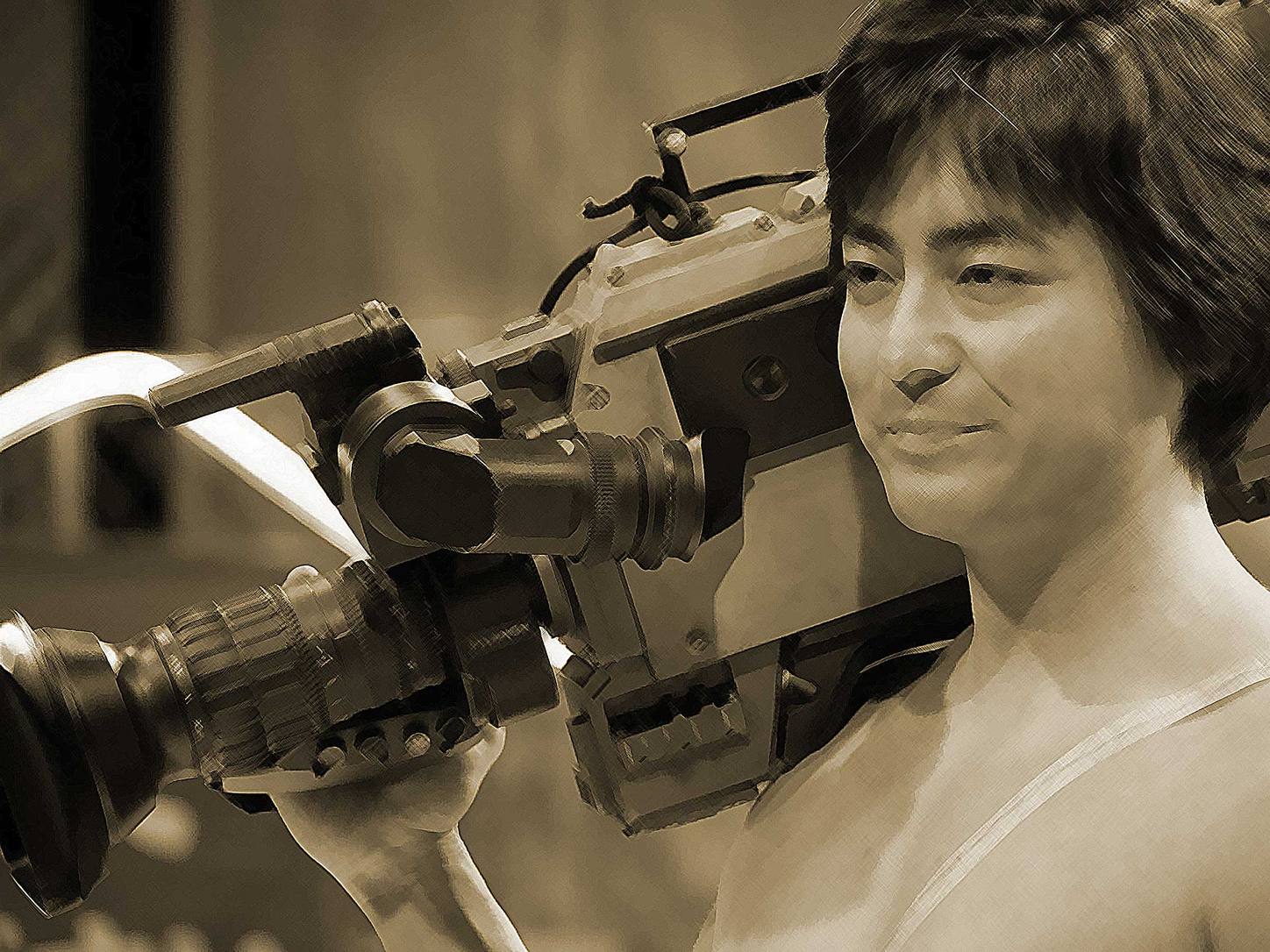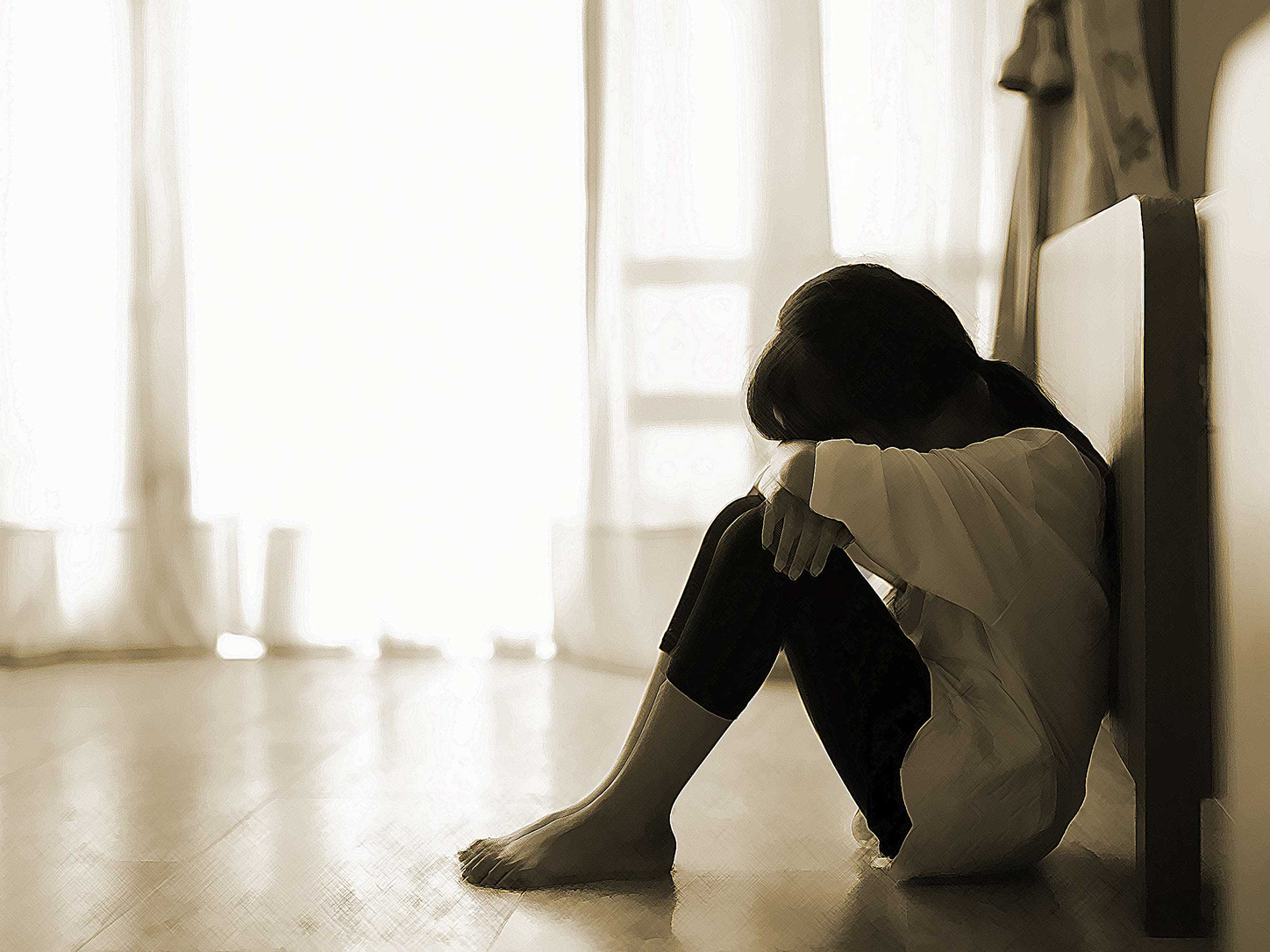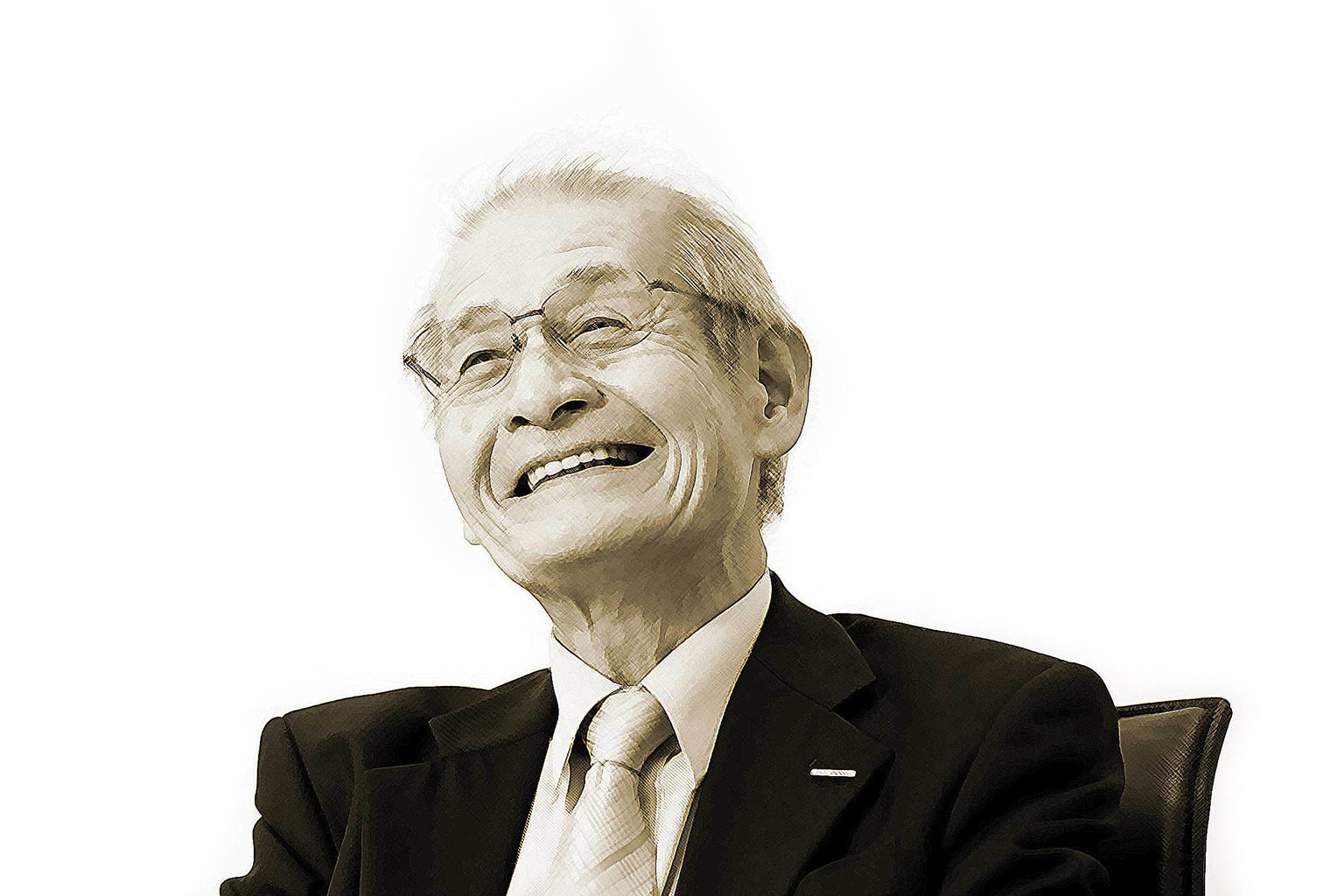As we say farewell to 2019, we take a look back at the top headlines of the year, covering everything from Nobel prizes to #KuToo protests.
SOCIETY
A New Era for Japan
Golden Week was extended to a record-breaking 10 days this spring to welcome the Reiwa era. The new name uses two characters from The Manyoshu, a collection of eighth-century Japanese poetry. Emperor Naruhito’s Sokui no Rei (the Ceremony of Accession) was an elaborate affair that took place in October in front of hundreds of foreign dignitaries including Britain’s Prince Charles and Monaco’s Prince Albert. Around 120,000 people took to the streets a month later to get a glimpse of the emperor and his wife, Empress Masako, for the enthronement parade. Naruhito’s father, Akihito, earlier this year became the first emperor in two centuries to abdicate his throne.
Eugenic Protection Law
More than two decades after the repeal of its Eugenic Protection Law, Japan agreed to pay a compensation package of ¥3.2 million to all living victims (who could be identified). The 48-year government program saw around 25,000 people with mental illnesses, intellectual disabilities or hereditary disorders undergo surgical sterilization to prevent births of “inferior” offspring. Not satisfied with the ruling, 20 people filed civil lawsuits against the government demanding more compensation. At the Sendai District Court in May, the first two plaintiffs’ claims were rejected as the 20-year statute of limitations had passed, however it was acknowledged that the practice had been unconstitutional.
“Kutoo”
Sexism in the workplace continued to rear its ugly head in 2019 with “KuToo” becoming one of Twitter’s most prominent hashtags. Combining the Japanese words for shoes (kutsu) and pain (kutsuu), Yumi Ishikawa led the campaign against employers forcing women to wear high heels. More recently, the hashtag “Glasses Ban” has gained traction after Nippon TV ran a story about various firms prohibiting females from wearing glasses at work. Some retail chains said that glasses-wearing assistants gave off a “cold impression.” A restaurant argued that spectacles didn’t suit traditional styles of Japanese clothing, while beauty sector employers claimed customers couldn’t see female workers’ makeup clearly enough.
POLITICS
Japan-South Korea Relations
Although the two countries normalized relations 54 years ago, tension continues to grow. In July, Prime Minister Shinzo Abe’s administration imposed export restrictions on goods required by Korean companies to produce semiconductors and then started taking steps to remove their old foes from Japan’s list of trusted trading partners. South Korea replied by terminating their military intelligence-sharing pact with Japan. Tensions between the nations intensified at the back end of last year when the Korean Supreme Court ordered Japanese firms to pay compensation to wartime workers. Tokyo claimed the ruling violated international law.
Borderless Politics
In July, two people with severe disabilities won seats in what was a landmark Upper House election. Yasuhiko Funago has the progressive neurodegenerative disease Amyotrophic Lateral Sclerosis (ALS), which means he requires either a caregiver or a computer to communicate, while Eiko Kimura suffers from cerebral palsy and is paralysed from her neck down apart from her right hand. The pair represent Reiwa Shinsengumi, an anti-establishment party founded in April by actor-turned-politician Taro Yamamoto. Since the election, moves have been made to try and accommodate the two legislators at the National Diet building, however, at the moment they are being asked to go through a different entrance. Ensuring they can participate in full-scale policy debates is another challenge.
Controversial Gifts & Remarks
On November 20, Shinzo Abe surpassed Katsura Taro as the longest-serving prime minister in the history of Japan’s constitutional government. His tenure certainly hasn’t been without controversy, though, with 10 members of his cabinet quitting over allegations of irregularities or controversial remarks since he returned to power in 2012. Two of those resignations occurred in October this year. Trade Minister Isshu Sugawara was forced to stand down after allegedly giving his Tokyo constituents expensive melons, oranges, roe and royal jelly, which is a violation of election law. A week later Justice Minister Katsuyuki Kawai followed suit after he was accused of providing gifts such as potatoes, mangoes and corn.
SPORT
The Greatest Rugby World Cup
“Japan 2019 will be remembered as probably the greatest Rugby World Cup,” said Chairman Sir Bill Beaumont at the tournament’s final press conference. It’s hard to disagree. This was a competition that had a bit of everything. There were shocks, titanic clashes, great tries and some compelling stories. The hosts, brilliant on and off the pitch, caused a major upset when they defeated second-ranked side Ireland 19-12. Even better was to come two weeks later. On an emotionally charged night in Yokohama after Typhoon Hagibis, the Brave Blossoms produced some scintillating rugby to defeat Scotland 28-21 becoming the first Asian side to reach the knockout stages. Eventual winners South Africa proved a bridge too far for Jamie Joseph’s men in the quarter-finals.
Japan’s Wins & Losses
Naomi Osaka beat Petra Kvitová to win the Australian Open, her second consecutive Grand Slam. Badminton star Kento Momota lifted 10 titles including the World Championship and the All England Open while doubles pair Mayu Matsumoto and Wakana Nagahara also triumphed at the Worlds. Playing in her first-ever international competition, Hinako Shibuno earned a stunning victory at the British Open, becoming the second Japanese golfer to win a Major. Naoya Inoue showed why he’s considered one of the best pound-for-pound boxers on the planet by defeating four-weight world champion Nonito Donaire for the World Boxing Super Series final. Daiya Seto won two golds at the World Aquatics Championships. There was sad news from his international teammate, though, as Rikako Ikee announced that she’d been diagnosed with leukemia.
In only his eighth game in the NBA, Rui Hachimura scored his 100th point, becoming the fastest Wizards player to reach that milestone since five-time All-Star John Wall. He became the first Japanese basketball player to be drafted in the first round when the Washington side selected him in June. Around the same time, teenage footballer Takefusa Kubo signed for Spanish giants Real Madrid before being sent on loan to RCD Mallorca. There was disappointment for the two national teams with the men’s side losing the Asian Cup final, while Nadeshiko Japan fell at the second-round stage at the Women’s World Cup. Trailblazing baseball star Ichiro Suzuki played his final game for the Mariners in front of a passionate home crowd in Tokyo.
ENTERTAINMENT
Tearful Apologies
In June, gossip magazine Friday published photos from 2014 showing several comedians from the country’s leading agency Yoshimoto Kogyo at a party hosted by a telephone scam gang known to have swindled money from the elderly. The most high-profile attendee was Hiroyuki Miyasako who was fired after it was revealed that he received ¥1,000,000 for engaging in yami eigyo (illicit business). Ryo Tamura was disciplined for reportedly receiving ¥500,000. The pair gave a tearful apology at a press conference in July before revealing that Yoshimoto president Akihiko Okamoto had ordered them to remain silent. There were also suggestions of power harassment. Next, it was Okamoto’s turn to give a tearful press conference as he retracted the cancellation of Miyasako’s contract.
There were several other scandals involving talent agencies this year. In January NGT48’s Maho Yamaguchi claimed on Twitter that management team AKS had forced her to apologize for “causing a commotion” after she had tweeted about being assaulted by two men at her home. Accusing the organization of “always telling lies,” she officially quit the group in April.
Johnny & Associates: End of an Era
The overpowering influence of a talent agency doesn’t always end when an idol departs. More than two years after SMAP disbanded, Japan’s Fair-Trade Commission warned Johnny & Associates about coercing TV stations in an attempt to blackball three of its former members. The story broke a week after the passing of the organization’s founder Johnny Kitagawa. The latest Greatest Hits album of Johnny’s most popular group Arashi sold over 1.3 million in its first week, a few months after they announced they’d be suspending activities after next year.
The Success Stories
Japan’s biggest solo star Kenshi Yonezu enjoyed another strong year thanks to his self-cover of “Paprika” and the release of “Uma to Shika,” used for NHK’s Rugby World Cup coverage. The tournament proved a massive TV rating hit. Meanwhile, The Naked Director, a semi-autobiographical drama about porn director Toru Muranishi, was one of the most-talked-about programs on Netflix. In film, Makoto Shinkai’s Weathering with You was the box office smash of the year in Japan.
CRIME
Kyoto Arson Attack
On July 18, 36 people were killed and another 34 injured following an arson attack at Kyoto Animation’s Studio 1 Building, in what was one of the deadliest massacres in Japan in the post-war years. The assailant entered through the front door, sprayed petrol and then ignited it, trapping dozens of people inside the three-story office block. He tried to flee but was chased down by an employee. According to witnesses, the suspect Shinji Aoba was heard telling police officers that he started the fire because the company, commonly referred to as Kyoani, had plagiarized his novel.
Kawasaki Knife Rampage
Hanako Kuribayashi, an 11-year-old student at Caritas Elementary School, and Satoshi Oyama, a 39-year-old foreign ministry employee who worked primarily as a diplomat to Myanmar, were savagely killed in May by a knife-wielding assailant who went on a rampage at a bus stop in Kawasaki. Eighteen others were injured in the attack, most of whom were young students at the private Catholic school. After the abhorrent crime, the 51-year-old assailant Ryuichi Iwasaki stabbed himself in the neck.
The following month, Hideaki Kumazawa, a former top bureaucrat in the agriculture ministry, claimed he murdered his violent son to prevent a similar incident taking place. “I had to prevent him from turning his anger against the children,” he told police.
Abusive Father Murders His Daughter
Ten-year-old Mia Kurihara was found dead in her family bathroom in January after being abused by her father Yuichiro, around 14 months after she’d filled in a supposedly confidential school form, telling officials that he woke her in the middle of the night to repeatedly beat her, and asking them the question: “Can’t you do anything about this?” She was placed in protective custody for a while but moved back in with her parents in March 2018. Her father pressurized officials into letting him see the form and the abuse continued. The girl’s mother claimed she was powerless to stop her husband. In October, Yudai Funato was sentenced to 13 years in jail for the physical abuse and neglect of his stepdaughter Yua.
WEATHER & ACCIDENTS
Typhoon Hagibis
The most destructive typhoon to hit the Kanto region of Japan since Ida in 1958, Typhoon Hagibis caused widespread damage with at least 95 confirmed dead and more than 85,000 homes damaged. According to the Land and Infrastructure Ministry, almost 300 rivers overflowed in various regions of the country, flooding 25,000 hectares of land. The devastation came roughly one month after Typhoon Faxai. Three people died and 147 others were injured as a result of the storm. It also led to 934,000 households being without electricity.
Summer Heatstroke
For 24 consecutive days between July 26 and August 18, the daily lowest temperature in Tokyo was 25 degrees or higher, the second-longest hot spell since records began back in 1876. The number of deaths from heatstroke was in the hundreds while tens of thousands were hospitalized. With concerns about the weather at next year’s Olympics growing, the IOC decided to move the marathon and walking events from the capital to Hokkaido. They were eager to avoid a repeat of the women’s marathon in Doha at this year’s athletics World Championships, where almost half the field failed to finish. Governor Yuriko Koike, who wasn’t consulted, said she was surprised by the decision.
Shuri Castle in Flames
At around 2:40am on October 31, a blaze was reported at the World Heritage Site of Shuri Castle in Okinawa. By the time the fire was extinguished the next day, the seven main courtyard structures of the castle had been destroyed. It was believed to have been caused by an electrical fault. Governor Denny Tamaki hopes the iconic landmark, which has been destroyed several times previously, including at the Battle of Okinawa in 1945, will be reconstructed by 2022 to coincide with the 50th anniversary of the prefecture’s return to the Japanese civilian government.
BUSINESS & ECONOMY
Consumption Tax Increase
After twice being delayed, consumption tax was raised in Japan from eight to 10 percent at the beginning of October, though some daily essentials such as food and bottled water, are exempt from the hike. People eating out will be charged 10 percent including those who consume food at in-store dining areas in convenience stores. Those who get lunch or a snack to go, however, will continue to receive the standard eight percent rate. The plan is to use the extra revenues to help the national debt and raise funds for social welfare programs.
WeWork Investment Regret
During a recent press conference in Tokyo, SoftBank’s CEO Masayoshi Son admitted that he regretted his decision to invest in the office space rental company WeWork, stating that he’d overlooked the controversial practices of the company’s co-founder Adam Neumann. “I shut my eyes to a lot of his negative aspects,” said Japan’s second-richest man. The market value of WeWork recently fell below $8 billion, nowhere near the $47 billion valuation it had been given months earlier. Poor investment in companies like WeWork and Uber has badly damaged Softbank, who posted a $6.4 billion loss during the second quarter.
Honda to Shut in Swindon
Japanese car manufacturer Honda confirmed that it would be closing its Swindon factory in 2021, the company’s only car plant in the European Union. Around 3,500 employees at the factory will be forced to look for work elsewhere while thousands of other jobs will be at risk down the supply chain. Honda Motor Europe President Katsushi Inoue said the restructuring was necessary due to “unprecedented changes” in the global auto industry, particularly the emergence of electric vehicles. Industry experts, however, suggested that Brexit was one of the main reasons for the decision.
SCIENCE & EDUCATION
Asteroid Landings
The unmanned Japanese spacecraft Hayabusa2 made two successful landings on the distant asteroid of Ryugu (around 300 kilometers from earth), despite its extremely rocky surface. Dust samples were collected following the first touchdown in February. Five months later, it became the first probe to gather particles from below the surface of an asteroid. These soil samples could provide clues to the origin of the solar system some 4.6 billion years ago. The spacecraft departed Ryugu in November, starting its year-long journey home. Meanwhile, in May, Interstellar Technologies became the first private company in Japan to launch a rocket into space. The startup was co-founded by the well-known entrepreneur Takafumi Horie.
Nobel Prize Win
Akira Yoshino won this year’s Nobel Prize in chemistry alongside John Goodenough, a 97-year-old solid-state physicist from the US, and British-American chemist M. Stanley Whittingham. The trio received their accolades for developing the basic technology of the rechargeable lithium-ion batteries that are used for electric vehicles, mobile phones and other portable devices. According to the Royal Swedish Academy of Sciences, these batteries “have revolutionized our lives.” Yoshino is the 28th Japanese-born Nobel Laureate, including two who have American nationality, and one who holds British citizenship.
University Entrance Exams
The pass ratio of female applicants at Juntendo University and Tokyo Medical University (TMU) exceeded that of male applicants after the two institutions pledged to conduct “fair and impartial” entrance exams this year. In 2018, Jutendo, TMU and several other medical schools were found to have manipulated exam results to give men an advantage over women. The government’s plan to introduce private-sector English proficiency tests for standardized university entrance exams was postponed after critics argued that it would put students from low-income families and those from areas where such tests aren’t available at a disadvantage. Japan ranked 53rd out of 100 countries on the “English Proficiency Index” compiled by EF Education First, four places lower than last year.

